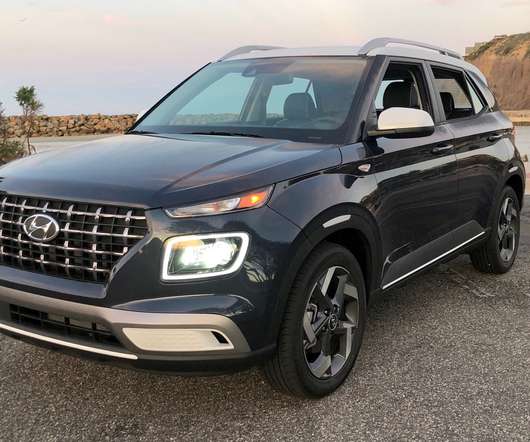LeMond Composites licenses ORNL low-cost carbon fiber manufacturing process; transportation, renewable energy, & infrastructure
Green Car Congress
AUGUST 30, 2016
LeMond Composites, founded by three-time Tour de France champion Greg LeMond, has licensed a low-cost, high-volume carbon fiber manufacturing process developed at the US Department of Energy’s Oak Ridge National Laboratory (ORNL). In the USA, the demand is being driven by the Corporate Average Fuel Economy (CAFE) standards.





































Let's personalize your content